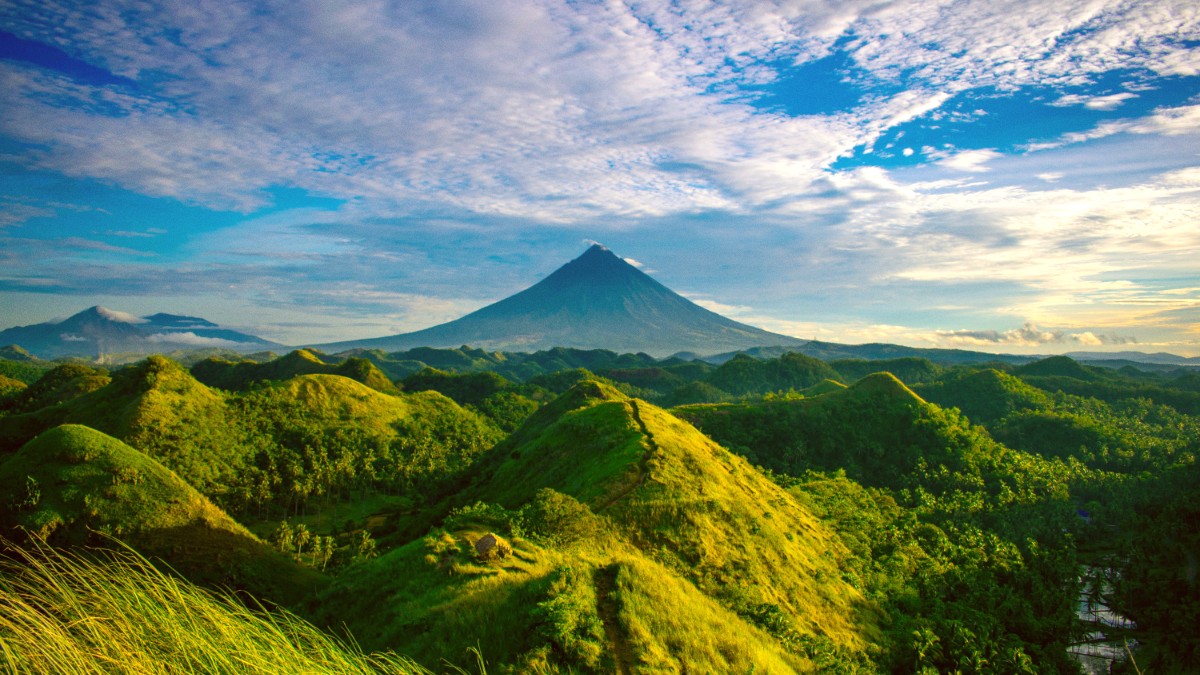
Philippines
Bicol is home to protected areas like Mayon Volcano Natural Park and Bulusan Volcano Natural Park. Adhere to all park rules, stay on marked trails, and do not disturb wildlife.
Waste management and recycling infrastructure are limited, especially outside major cities. Minimize plastic use. Use a reusable water bottle and bring a reusable shopping bag. Dispose of trash properly in designated bins. Do not litter.
Water resources, specifically on islands and during the dry season, can be strained. Be mindful of your water consumption. Take shorter showers and reuse towels to conserve this precious resource.
Make choices that support environmental protection.
Consider offsetting the carbon emissions from your travel.
Prioritize accommodations and tour operators committed to environmental protection.
Choose tour operators with a focus on local benefit and sustainable travel.
Support brands that advocate for environmental responsibility and offer eco-friendly products.
Engage with local guides for whale shark tours or homestays. This directly benefits community members.
Find local experiencesPurchase souvenirs and products directly from local artisans, markets, or fair-trade shops for ethical sourcing.
Support ethical productsYour choices preserve Bicol's beauty for future generations. Embrace responsible travel practices throughout your journey.
Engage with Bicol’s culture respectfully.
Support local traditions and heritage.
Polite and patient engagement with locals.
Seek permission for photos before snapping.
Show reverence at religious sites.
Choose tour operators with a focus on local benefit. The whale shark interaction program in Donsol is globally recognized for its ethical and conservation-focused approach; follow all guidelines from the Butanding Interaction Officers (BIOs) to protect these magnificent creatures.
Ethical tour operator supporting local communities and sustainable travel practices. Find ethical tours with G Adventures.
Fair trade policies ensure profits return to local producers and artisans.
Small group tours for immersive, responsible experiences. Support local economies directly.
Support local economies through your travel choices.
Seek out and support tours and activities that directly benefit local communities.
Purchase souvenirs and products directly from local artisans, markets, or fair-trade shops.
Your choices in dining and transport contribute directly to local entrepreneurs and workers.
Avoid activities that exploit animals or people.
If you wish to donate, do so through established, reputable local charities or NGOs.
Be aware of and avoid any tour operators or activities that disregard ethical guidelines regarding wildlife or local communities.
Directly giving money to children can perpetuate cycles of begging. Support community programs instead.